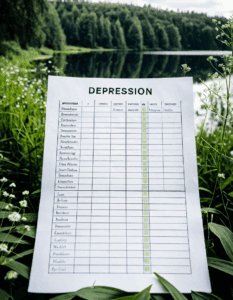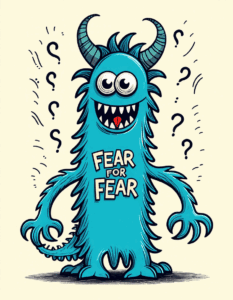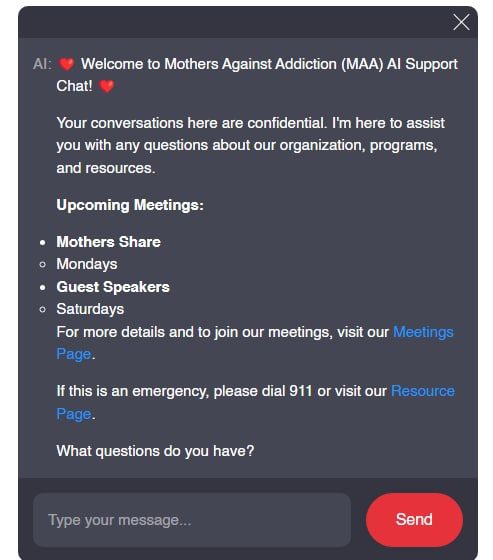Access to healthcare is a pressing concern for many undocumented individuals in the United States. One critical question looms: can undocumented using Medicaid obtain vital health care? This topic is significant, especially for families facing the heartbreak of addiction. As part of Mothers Against Addiction, we know firsthand the struggles that parents go through when their children battle addiction or when they tragically lose them. Access to health care, including substance abuse treatment, is a vital part of nurturing healing and hope.
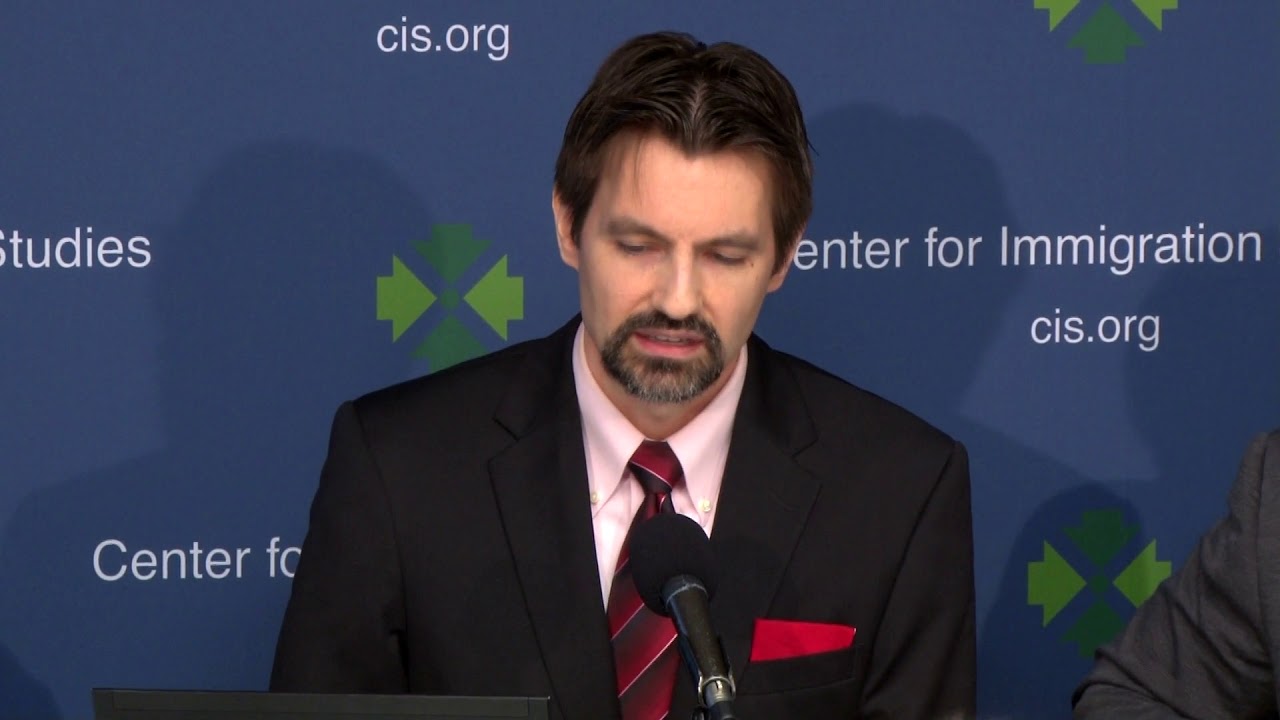
1. Overview of Medicaid and Undocumented Individuals
Medicaid, a state and federally funded program, was created to help low-income individuals and families secure healthcare services. Eligibility rules can be a patchwork quilt, varying from state to state, particularly when it comes to undocumented residents. Some states have embraced a more inclusive approach, while others have remained much more restrictive.
For example, California stands out for offering full-scope Medicaid services to undocumented children, and starting in 2020, it expanded coverage to low-income undocumented adults as well. This means parents can take their children to vital check-ups without worrying about the financial burden. Meanwhile, Illinois provides similar coverage for individuals aged 19-20 and those over 65, ensuring that people can access essential healthcare. New York takes it a step further, extending health benefits to all low-income residents, including those who are undocumented.
Yet, on the other end of the spectrum, we see states like Texas where access is rather limited, only covering emergency services. Those living in such states may feel lost, stuck between a rock and a hard place, unable to access the care they desperately need. Can undocumented using Medicaid truly find help in these limited environments? That’s a question that lingers, especially for families grappling with addiction.
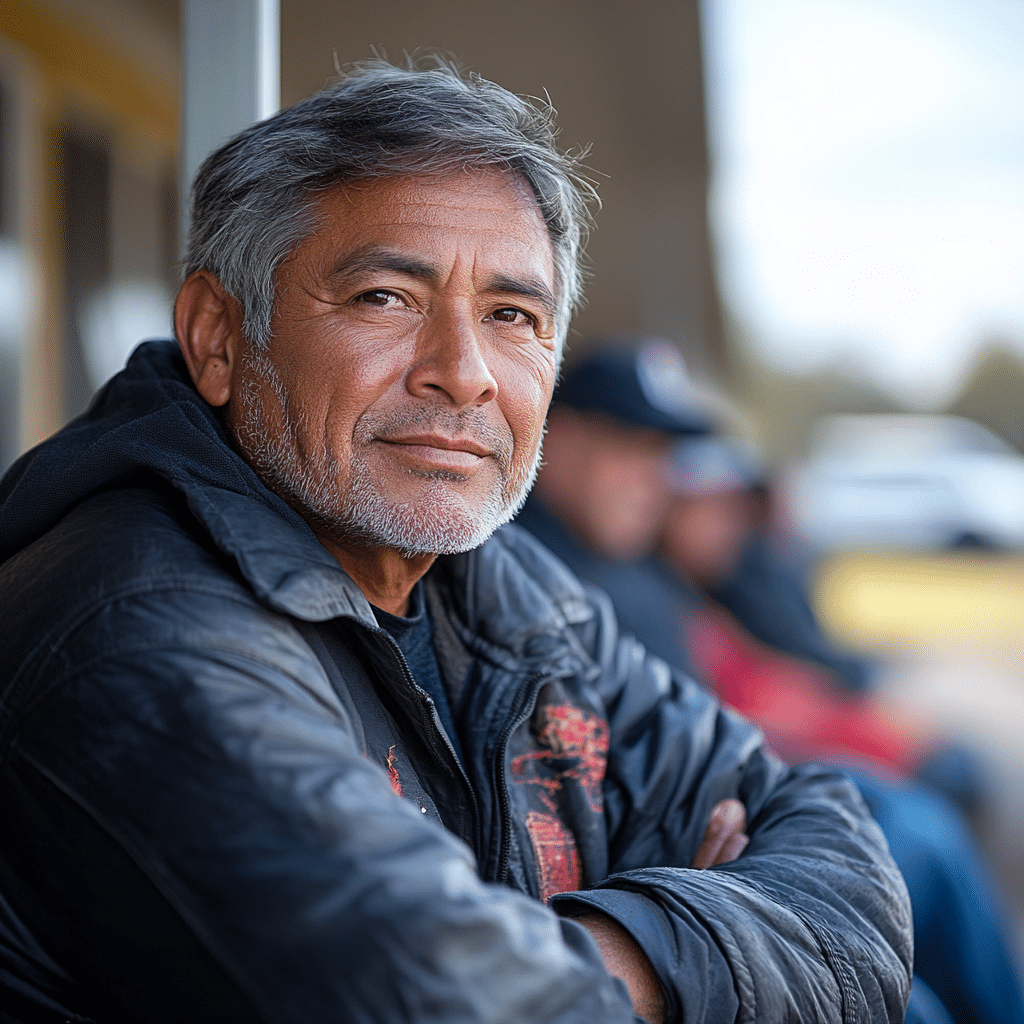
2. The State of Affairs: Where Can Undocumented Individuals Access Medicaid?
To understand the health care landscape for undocumented individuals more clearly, let’s delve into where they may find assistance.
Living in one of these states can create uncertainty. Can undocumented using Medicaid really access what they need to stay healthy? In places with limitations, the answer seems to be no. Yet, it remains crucial to explore alternative paths, ways to navigate through the system and find aid in the face of adversity.
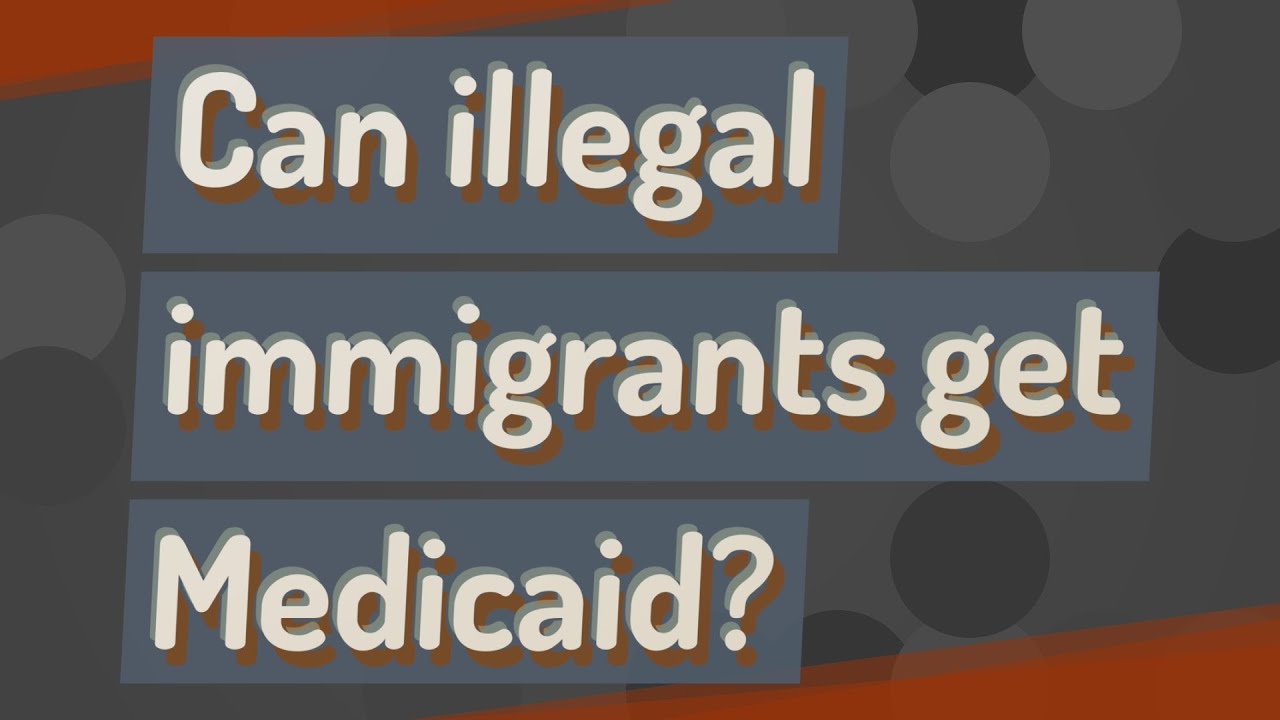
3. Navigating the System: Resources and Contact Information
For those undocumented individuals who wish to seek help through Medicaid, specific resources can make that journey smoother. Here are some important tools to consider:
Navigating the complexities of healthcare access can feel overwhelming. While these resources exist, understanding how to use them effectively is essential. Advocates and organizations are continuously working to bridge gaps, ensuring that every family can find the support they need, especially those dealing with the painful challenge of addiction.
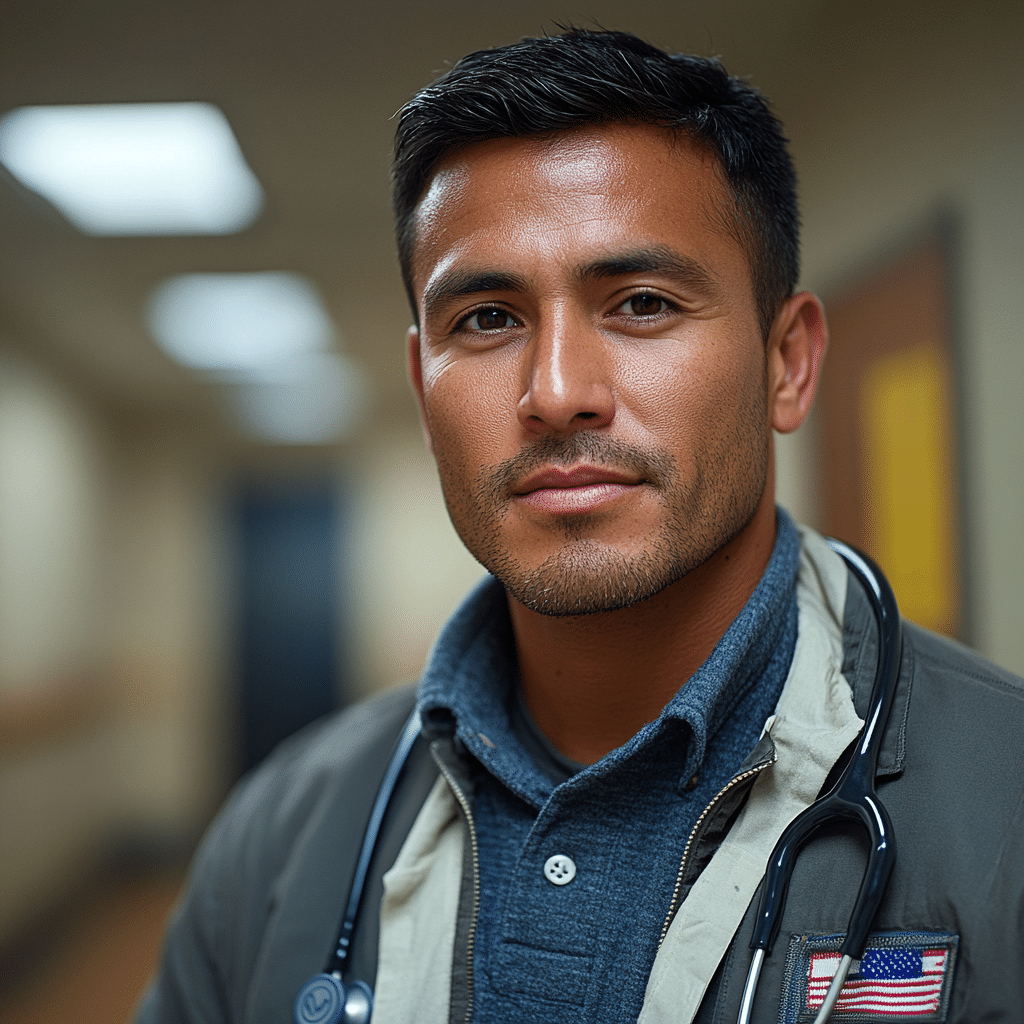
4. Challenges Faced by the Undocumented
Sadly, many obstacles stand in the way of undocumented individuals trying to access medical care. These barriers can be downright discouraging and pose serious threats to their well-being. Here are some of the most pressing challenges:
Each of these challenges weighs heavily on families. Imagine a parent who has lost a child to addiction and fears seeking help for themselves due to their undocumented status. The emotional toll of these barriers is immense, and constructs of fear must be dismantled.
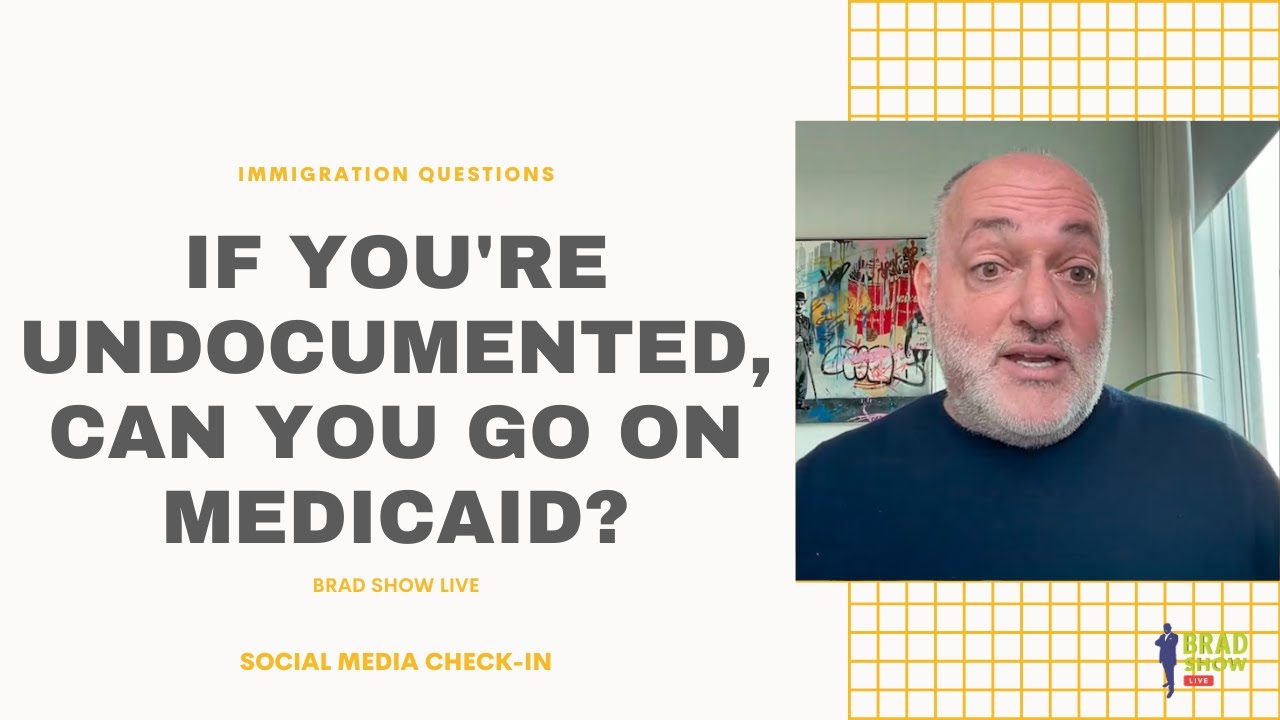
5. Innovative Solutions and Advocacy
Despite the hurdles described, hope shines through as organizations and advocacy groups push to create innovative solutions and support mechanisms. Here’s how they’re making strides:
Moving forward, the focus should remain on expanding access and creating a safe environment for families to seek assistance without fear. Advocating for comprehensive health care reform will not only protect rights but also foster a culture of trust among the populations most in need.
While the answer to “Can undocumented using Medicaid access vital health care?” can often feel like a complicated puzzle, there are paths appearing on the horizon. Engaging with communities, harnessing available resources, and fighting for policy changes can lead to a healthier future for everyone.
As we at Mothers Against Addiction emphasize, mission-driven work to help families navigate these complexities is key. Whether through grief over a death son or the painful journey of assisting a child battling addiction, access to healthcare is essential.
We all deserve to experience compassion and support, particularly for families in crisis. Together, we can foster resilience in the face of adversity and build a supportive environment for healing and recovery.
Can Undocumented Using Medicaid Access Vital Health Care?
Understanding Health Access for the Undocumented
When discussing the topic “can undocumented using Medicaid,” it’s essential to understand the hurdles and intricacies involved. Many undocumented individuals often lack access to information about their health care options, which can lead to increased risk of untreated medical conditions. Did you know that the Kids Online safety act aims to protect children from harmful online content? It highlights how crucial it is for parents to have resources available for their children’s education about safety, including health care access. This act underscores the need for reliable health care information, especially for vulnerable populations coping with addiction or other health issues.
The Importance of Safe Medication Practices
Medicaid eligibility varies greatly, leaving many asking, “can undocumented using Medicaid?” In many states, undocumented individuals can access emergency Medicaid but not regular benefits. This limitation can have grave consequences, especially for those relying on medications like Vicodin, commonly prescribed for pain management. In fact, understanding safe medication practices is vital, as misinformation can lead to misuse or dependency. Resources like What Is Bupropion can provide essential guidance on medication usage, helping individuals make informed decisions about their health.
Support and Resources for Families
Families affected by addiction often feel overwhelmed. This feeling is magnified when struggling to access essential health services. As such, education around available resources becomes critical. Consider how athletes prepare, referencing the Suns’ depth chart for strategies. Similarly, understanding available support systems can significantly improve outcomes for families dealing with the repercussions of addiction. With organizations like Mothers Against Addiction advocating for change, awareness about all aspects of health care access becomes crucial.
In this fast-paced environment, keeping up with the latest changes to health policies isn’t just beneficial—it’s necessary. Knowledge can empower families to navigate the turbulent waters of health care access. Resources and advocacy can provide the lifeline they need. Always remember, you’re not alone on this journey, and there are dedicated individuals and organizations out there fighting for your rights.










